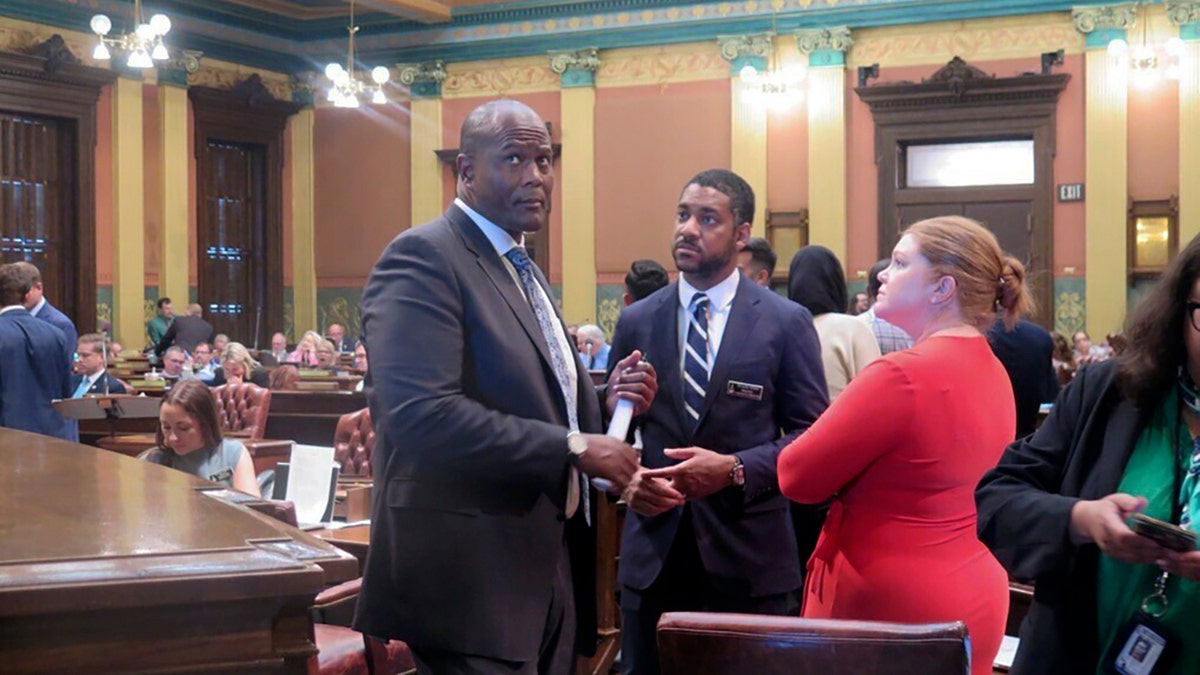Michigan legislators are racing against a July 1st deadline to finalize a record-breaking state budget, prioritizing education, infrastructure, and environmental initiatives. This marks the first budget crafted entirely under Democratic control in four decades, presenting both an opportunity and a bipartisan challenge. Securing some Republican support in the Senate is crucial for the budget to take effect by the start of the next fiscal year on October 1st.
Governor Gretchen Whitmer stressed the importance of a timely budget agreement, emphasizing the need for Michigan to demonstrate effective governance. Conference committees have been actively working, and legislative leaders anticipate votes on the budget in both chambers soon.
While details are still being finalized, the overall budget is projected to be around $80 billion, a significant increase from the previous year's $76 billion record. This surge is fueled by a substantial $7.5 billion surplus from robust tax revenues.
Governor Whitmer's proposed $79 billion budget emphasizes record investments in education and infrastructure. Key proposals include free breakfast and lunch for all students, universal pre-K, and a 5% per-pupil funding increase, bringing the total to $9,608 per student. This focus on education comes as Michigan grapples with declining performance in key areas like reading and math.

Following the Governor's proposal, both the House and Senate, where Democrats hold slim two-seat majorities, must reconcile their respective budget versions. The House passed an $80 billion budget, while the Senate approved a $79.6 billion version, each with distinct proposals like the Senate's $350 million plan for teacher debt relief.
While Democrats have been able to advance key policy goals along party lines, the budget requires bipartisan cooperation. Six Republican votes are needed in the Senate for the budget to be implemented by October. Senate Minority Leader Aric Nesbitt has previously criticized the Democrats' approach, while House Republicans have expressed concerns about being excluded from negotiations.
Comments(0)
Top Comments